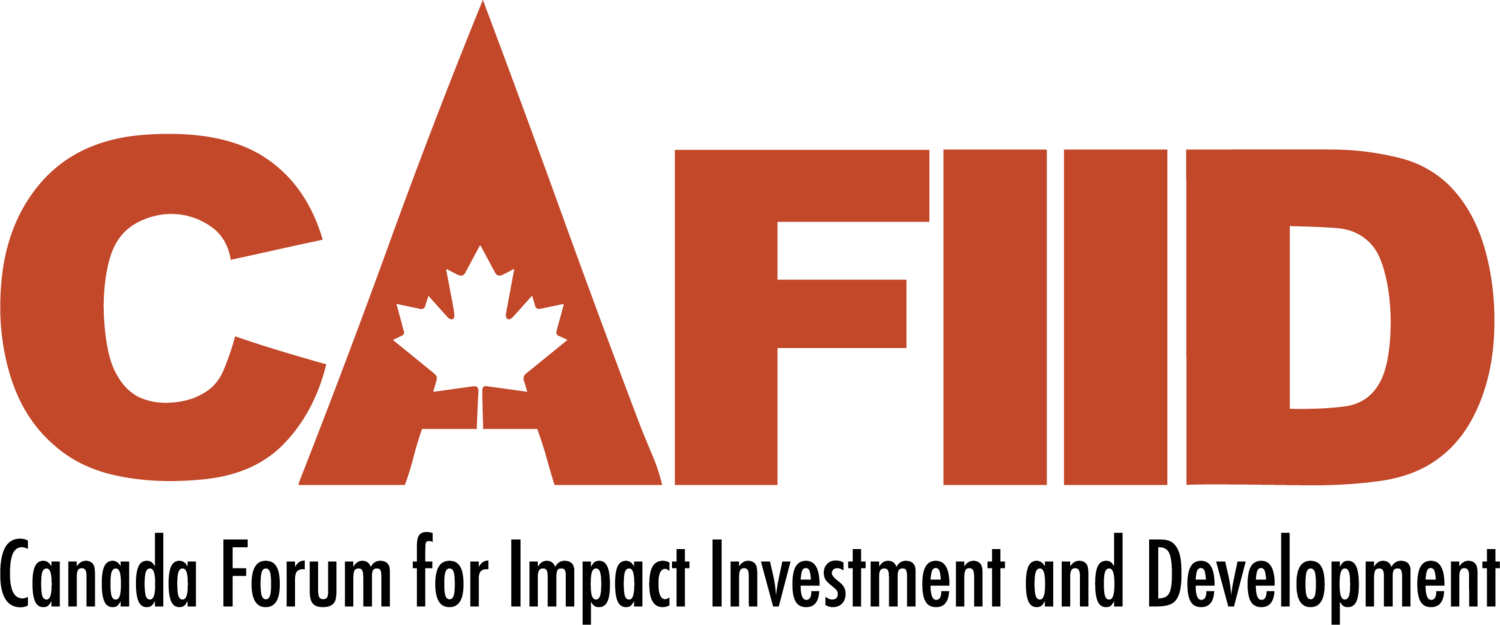IDRC: Transforming the Care Economy through Impact Investing (TCEII) Program
The International Development Research Centre (IDRC) is part of Canada’s foreign affairs and development efforts. Gender equality and inclusion are central to IDRC’s mandate and IDRC generates research and evidence on what works to foster the structural changes needed to realize equal opportunity and rights. As part of this, IDRC has been investing in a portfolio of research projects to identify, develop and bring a gender lens to business models that generate social and environmental returns as well as profits. To address one of the most pervasive barriers for gender equality, IDRC is championing the need to reduce, redistribute, recognize and reward care work for the transformative potential of public and private sector action on this issue.
Transforming the Care Economy through Impact Investing
The care economy is a pervasive and systemic barrier for women’s economic autonomy and empowerment. At the same time, grassroots organizations, social innovators, cooperatives and care economy SMEs are generating care products and services to help address some of these challenges. Despite the catalytic role it can play in transforming gender relations and economies, the care economy is not yet on the radar of most impact investors.
Through the CAD 3.2 million Transforming the Care Economy through Impact Investing (TCEII) program, IDRC and the Soros Economic Development Fund of the Open Society Foundation (SEDF) are conducting research and uncovering social innovation, market-based solutions and investable opportunities that can positively impact the care economy. From 2021 to 2024 and working with a range of partners across Latin America, Sub Saharan Africa and South East Asia, TCEII is comprised of three pillars:
Pillar 1: The Care Economy Knowledge Hub – coordinated by Kore Global, in collaboration with CoreWoman (LA), Intellecap and Busara (SSA and SEA);
Pillar 2: Accelerating and supporting care entrepreneurship - Alterna, Promujer and UNWomen Latin America (LA), Harambee (South Africa), Value for Women/UnWomen Asia (SEA)
Pillar 3: Knowledge brokering to mobilize impact investing in the care economy - with 2XGlobal, AVPN, NewVentures-FLII, Business Fights Poverty
Results and Challenges
In the two years since its launch, the TCEII program has generated a series of resources to support social innovators and investors that seek to deepen the impact of their investment:
To uncover investable opportunities on the care economy, TCEII’s Care Economy Knowledge Hub maps almost 200 social innovators in the Global South who are generating solutions to transform the care economy by recognizing and rewarding care and domestic workers, and through providing products and services that reduce and redistribute unpaid care work;
The 2X Global Care Economy Community of Practice was launched to catalyze more gender-smart capital towards the care economy;
Two research briefs give investors more context on the challenges and opportunities around investing in care:
Investing in the Care Economy – A Primer for Gender Smart Investors
Engaging in the Care Economy – A Guide for Employers, Investors and Corporate Actors
Boot camps, workshops, and a series of high-level events at investments forums such as the Latin America Impact Investing Forum, SANKAL Forum, AVPN have contributed to share the research, build investor capacity and raise awareness and interest from investors on the care economy.
Additional funding from IDRC and the Visa Foundation is supporting social entrepreneurs to transform the care economy in Asia. The program includes a new comprehensive approach to supporting care entrepreneurship through the Asia-Pacific Care Accelerator.
Despite these positive developments, this is a new field for investors who perceive care businesses to have a high-risk profile and uncertain return. The “in person” provision of care services and the nature of the work is considered an obstacle to scale. This perception is reinforced by societal undervaluation of care work. Furthermore, many care businesses are in early stage of growth and their capital needs do not align well with available financial instruments.
Lessons Learned
TCEII uncovers the unique opportunity for GLI investors to directly invest in SMEs in the care economy, many of which are women-led and women-owned and also develop products and services that address women and girls’ needs. In doing so, these social innovations have the potential to tackle systemic barriers that stand in the way of gender equality. While TCEII has been a game changer in this conversation, further awareness is still needed to understand care as a lever for gender equality and a value creator amongst investors.
Furthermore, investors and employers committed to gender equality should apply a care economy lens to internalize the value of care and develop appropriate policies and programs to bring about positive change. Bringing a care economy lens to investments in any sector will help to achieve greater impact for women, girls and marginalized groups in that sector and beyond. For example, including the care economy in impact thesis and metrics, evaluating investees care policies during deal sourcing and due diligence, including and helping investees look at their value chains with a care economy lens etc.
Investors that want to address structural gender-based barriers can also support field building joining the 2X Global Care Economy Community of Practice, and learn more about care SMEs at The Care Economy Knowledge Hub.
For more information, contact Carolina Robino, Senior Program Specialist, Sustainable and Inclusive Economies:
CRobino@idrc.ca
September, 2023
This publication is made possible by the Government of Canada's Investment Readiness Program and CAFIID’s Gender Lens Investing Community of Practice








